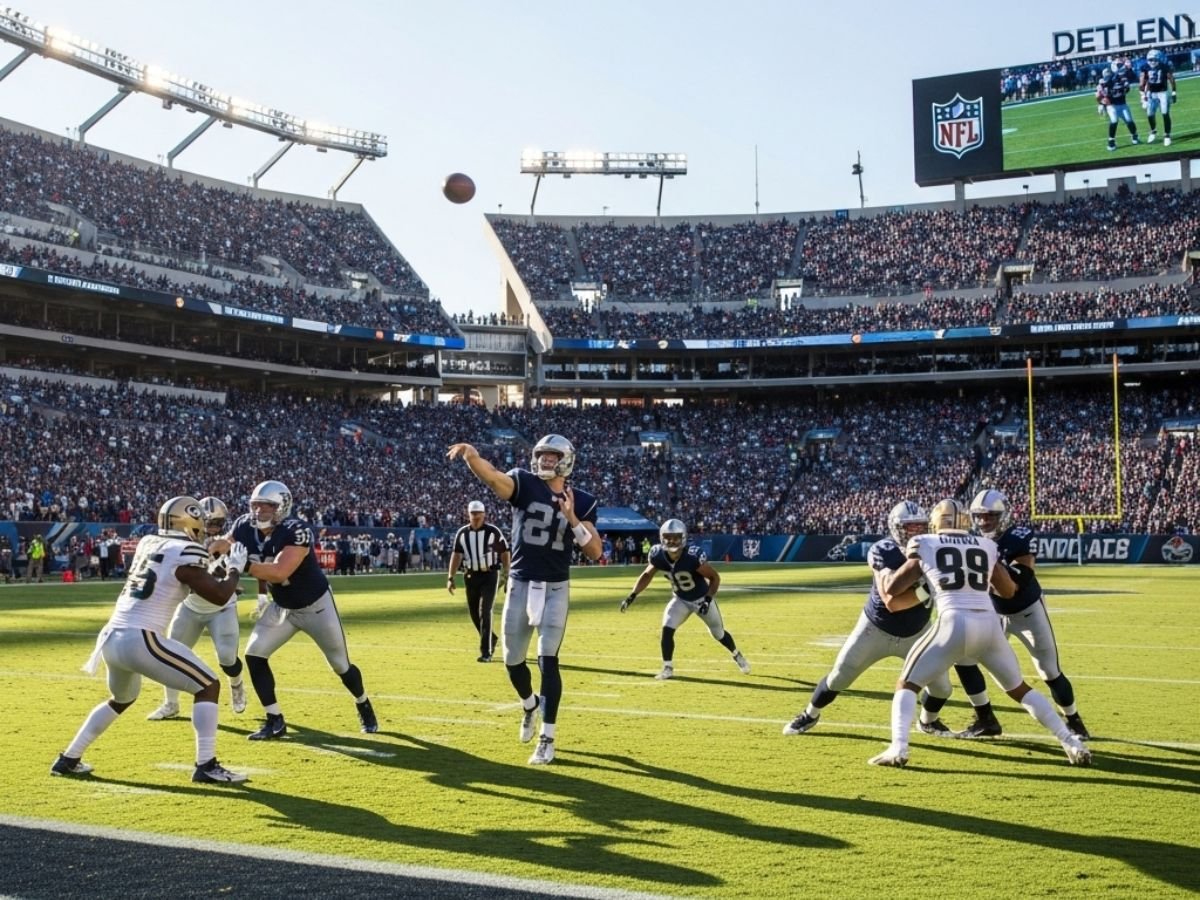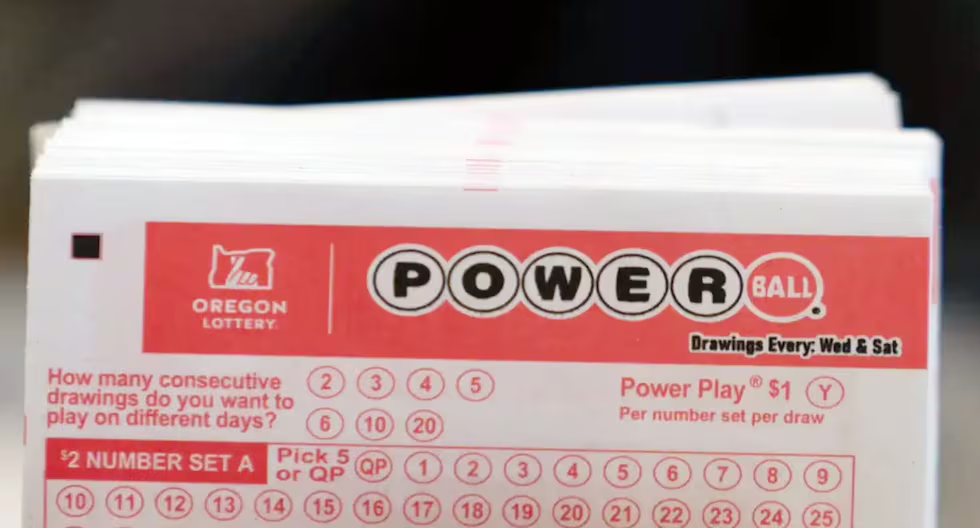NFL games are some of the most popular events to bet on in the United States, drawing millions of wagers every week. But one situation often leaves bettors confused, frustrated, or even shocked, overtime. Unlike regulation play, overtime in the NFL has its own rules that can directly impact betting outcomes. Whether you’re betting spreads, totals, moneylines, or props, how you understand overtime can make the difference between winning and losing a bet.
For example, a last-second touchdown in overtime may push a game over the total, while a defensive stop could lock in an under. In spread betting, a single possession can swing results dramatically, leaving casual bettors caught off guard. The NFL’s unique sudden-death style, modified in recent years, creates scenarios that sportsbooks account for but many bettors don’t.
Also Read: How to bet on the NFL Draft: Player props and first-pick odds
This guide breaks down the rules of NFL overtime, explains how different bet types are affected, and offers strategies to navigate the chaos. We’ll also highlight common pitfalls that US bettors should avoid when wagering on games likely to go into extra time.
NFL overtime rules explained
Understanding the rules is the first step to betting smarter.
- Regular season: Overtime is a 10-minute period. Both teams get at least one possession unless the first team with the ball scores a touchdown. If the game remains tied after overtime, it ends as a tie.
- Postseason: Overtime periods continue until there’s a winner. Each team is guaranteed a possession unless the first team scores a touchdown on its opening drive. Games can extend into multiple overtimes.
- Key detail: Field goals on the opening drive no longer end the game instantly. The other team gets the ball with a chance to respond.
These rules directly influence how spreads and totals play out in overtime compared to regulation.
How overtime impacts common bets
- Moneyline bets:
Straightforward—your bet wins if your team wins in overtime, loses if they don’t. In regular-season ties, most sportsbooks grade it as a push. - Point spreads:
A touchdown in OT can swing the spread dramatically. For example, a -3 favorite could cover if they score first in OT, while an underdog backer could lose in the same scenario. - Totals (over/under):
Overtime adds extra scoring opportunities. Games with tight defenses may still go under, but one or two drives can push overs across the line. - Props:
Player prop bets (yards, receptions, TDs) still count in overtime unless the sportsbook rules state otherwise. Always check house rules.
Strategies for betting on NFL overtime
- Target live betting markets:
If a game is tied late in the 4th quarter, consider live moneyline bets. Overtime odds often reflect public sentiment, not true win probabilities. - Factor in team styles:
Teams with strong defenses and conservative offenses are more likely to end OT in a tie (regular season). Aggressive offenses increase the chance of a decisive win. - Watch fatigue and injuries:
A tired defense in overtime can be exploited for overs or touchdown props. - Consider coaching tendencies:
Some coaches play it safe with field goals, while others gamble on 4th down. Historical tendencies can give clues about OT outcomes.
Also Read: How to bet on college football bowl games vs regular season, what’s the difference?
Pitfalls to avoid
- Ignoring sportsbook rules: Not all books treat ties the same way. Some count ties as losses for moneylines, others as pushes. Always read the fine print.
- Overvaluing small samples: Overtime games are rare in the NFL, so betting systems based solely on OT trends are unreliable.
- Chasing unders blindly: Many bettors assume OT favors unders since games are low scoring by nature, but one OT possession can ruin an under bet instantly.
- Forgetting postseason differences: Regular-season OT ties don’t exist in playoffs—important for Super Bowl and playoff betting strategy.
FAQs
Q1: Do NFL player prop bets include overtime stats?
Yes, in most US sportsbooks, overtime counts toward player props unless otherwise stated. Always check the rules for exceptions.
Q2: How often do NFL games go to overtime?
Roughly 6–7% of regular-season games go into overtime, though the number varies by year.
Q3: What happens to my bet if an NFL game ends in a tie?
For moneyline bets, most sportsbooks count ties as a push and refund the stake. Spread and totals bets are still graded normally.
Q4: Is betting the over smarter if a game goes into overtime?
It can be, since extra time means more scoring chances. But many overtime games are low-scoring, so it’s not a guarantee.
Q5: Can NFL playoff games end in a tie?
No. Postseason overtime continues until there is a winner, which means more opportunities for spread and totals bets to be affected.








